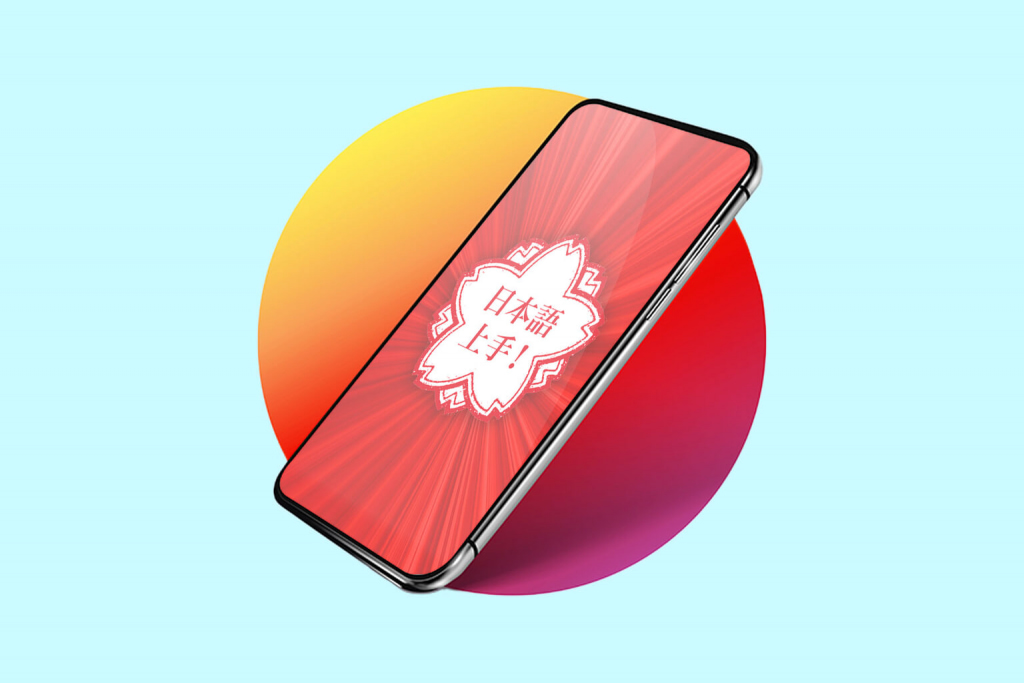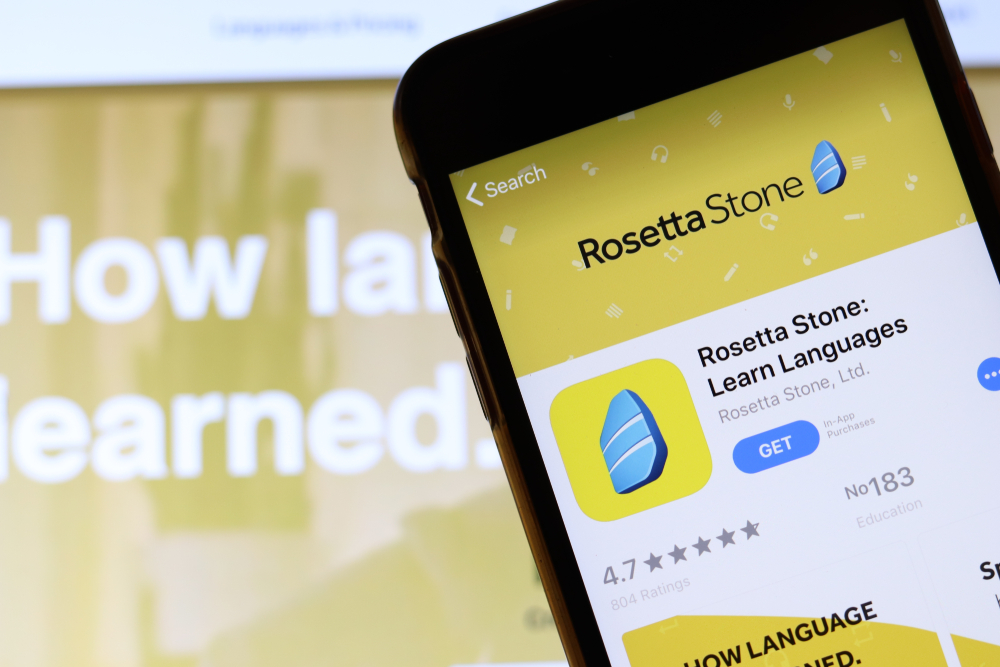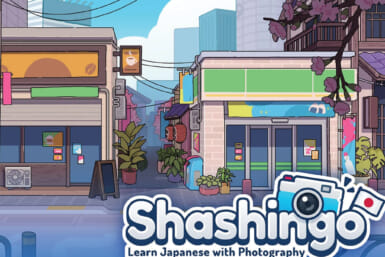Determined to raise my Japanese language skills from the upper basic, lower intermediate regions where they have been languishing for far too long, but unwilling to invest time and money in proper classes (also, Covid), I set out on a quest to find the most effective learning app. After thoroughly trying out five and looking into several others, I am now a bit tapped out and feel I should decide which one to stick with, which to keep as a backup or for educational diversion, and which to give the boot.
The Candidates
Rosetta Stone
One of the oldest, biggest and most polarizing names in computer-aided language learning, Rosetta Stone’s unique selling point is that it emulates how small children pick up languages: total immersion, repetition and variation, without any explanation or translation. One might argue that grown-up brains are wired differently from those of children and, therefore, need another learning method. One wouldn’t be entirely wrong.
Read the full review of Rosetta Stone’s Japanese program.
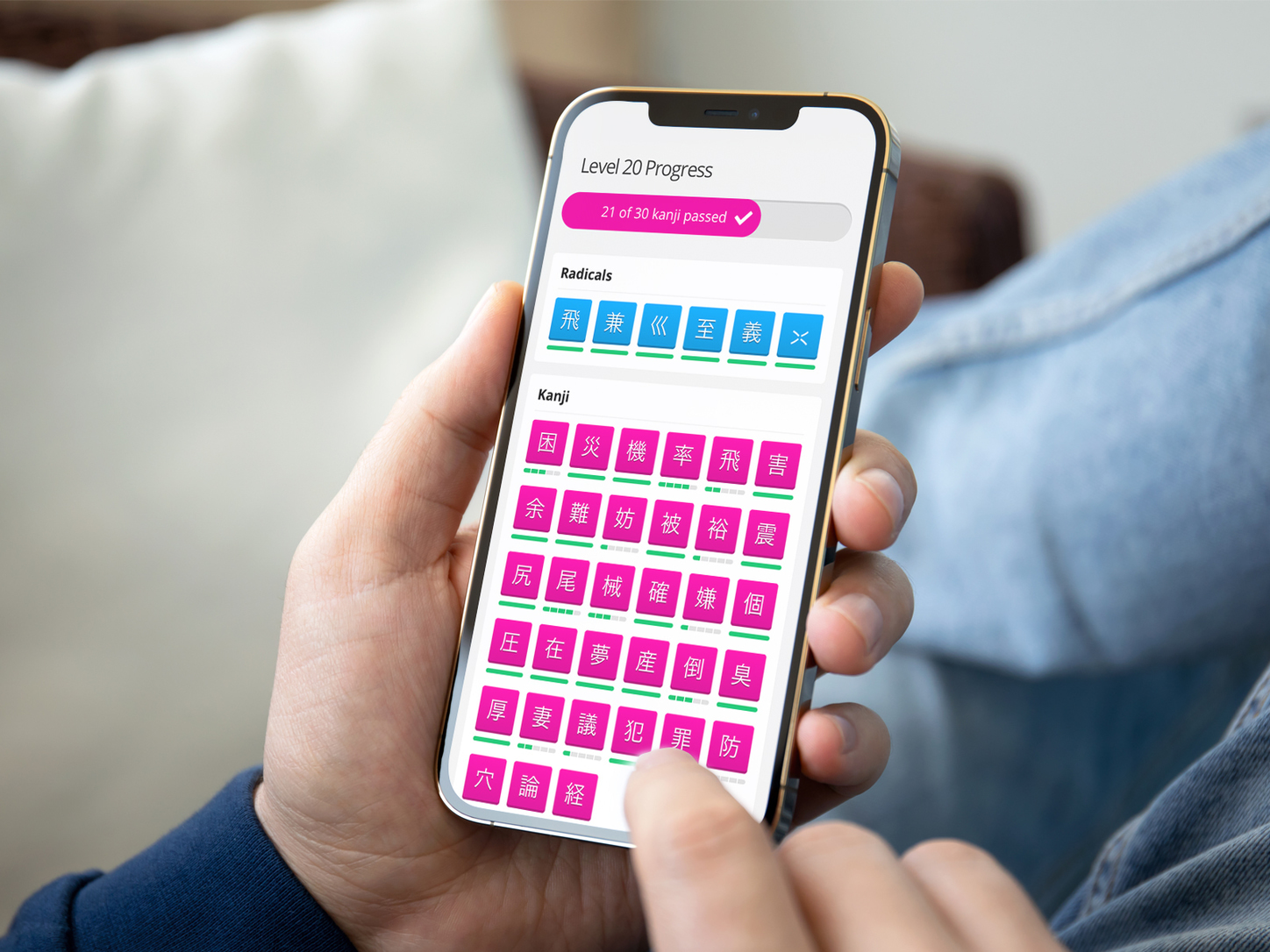
WaniKani
This web application concentrates on kanji, radicals and vocabulary. That’s hardly enough to get a grasp on the language in its entirety, but that’s also not the goal here. What WaniKani does, it does very well and relentlessly. Better not miss a day; the tasks will keep piling up.
Read the full review of WaniKani.
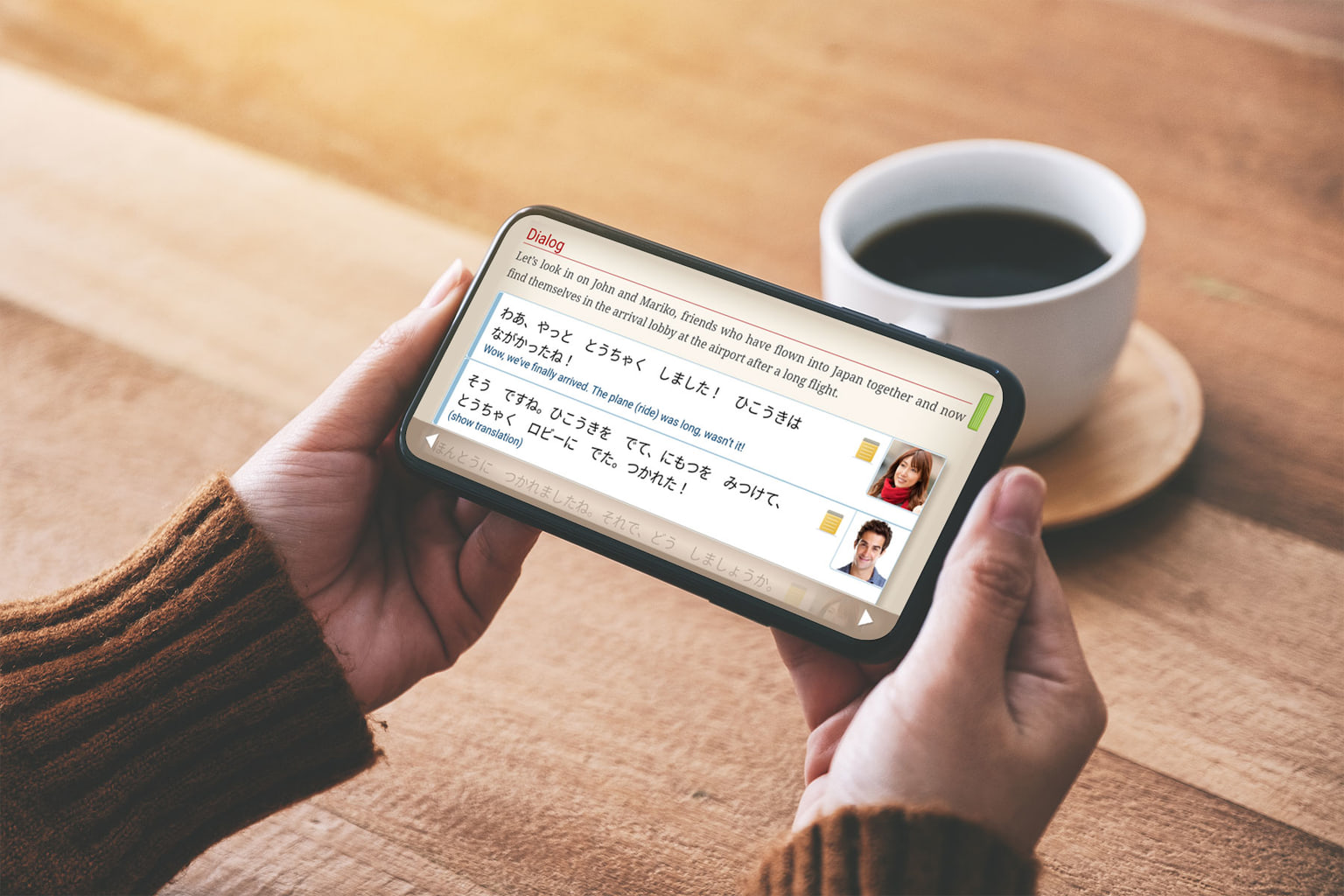
Human Japanese
Human Japanese comes in two volumes: Human Japanese Intro and Human Japanese Intermediate. “Volumes” seems just the right word, as these are basically interactive textbooks. It comes with effective, varied exercises, a motivating experience point system and thorough explanations about grammar and culture.
Read the full review of Human Japanese.

Duolingo
Duolingo is the playful app with the owl that you’ve probably already heard of. It’s completely free (unless you want the ads removed or crave some non-essential bonus features), easy to use and highly addictive. Its own CEO once called it “fun and not a complete waste of time.” That sums it up nicely.
Read the full review of Duolingo’s Japanese journey for English speakers.

Bunpo
Bunpo is a great no-nonsense preparation tool for the Japanese Language Proficiency Test (JLPT), after which it is structured. It comes with concise explanations and challenging exercises. Its entertainment value, however, is close to zero, which might demotivate certain kinds of people (people like me, for instance).
Read the full review of Bunpo.
Semi-Finals: The Runner Ups
I will keep Rosetta Stone, especially since I got a lifetime subscription, although I haven’t used it in months. The optimist in me is sure we’ll return to it someday. I liked the complete immersion in the language and the adjustability of the study plans. However, technical issues, especially with the hit-and-miss voice recognition, occasionally drove me nuts.
For the time being, I will stick with Duolingo. I don’t want to lose my streak. Also, a couple of minutes a day won’t do any harm, I’m sure. But I can stop anytime, I swear.
I’ve been using WaniKani since before I started this series and I will take it to my grave (yes, another lifetime subscription). We have firmly established a love-hate relationship. I hate how much work it throws at me several times a day. I love that it actually works. I might still struggle when ordering at very Japanese restaurants, but at least I can read large parts of the menus.

The Winner
As interactive textbooks, the Human Japanese apps might not be the most wildly innovative tools on the market, but they cover pretty much everything one wants from a language class. You can go at your own pace, the quizzes and reviews are as helpful as they are motivating and with every word in every example sentence clickable (or is it tappable?) for quick translations, it never leaves you clueless. Granted, you have to be a bit of a reader to appreciate this old-school approach and there is no cute mascot pushing you to study every day.
What works for me might not work for you, and vice versa. The best solution for all of us might still be a proper class at a good language school. In the meantime, Human Japanese will give you a good overview of the language and a sound understanding of its mechanics.
Learning Japanese? You might like these articles:

